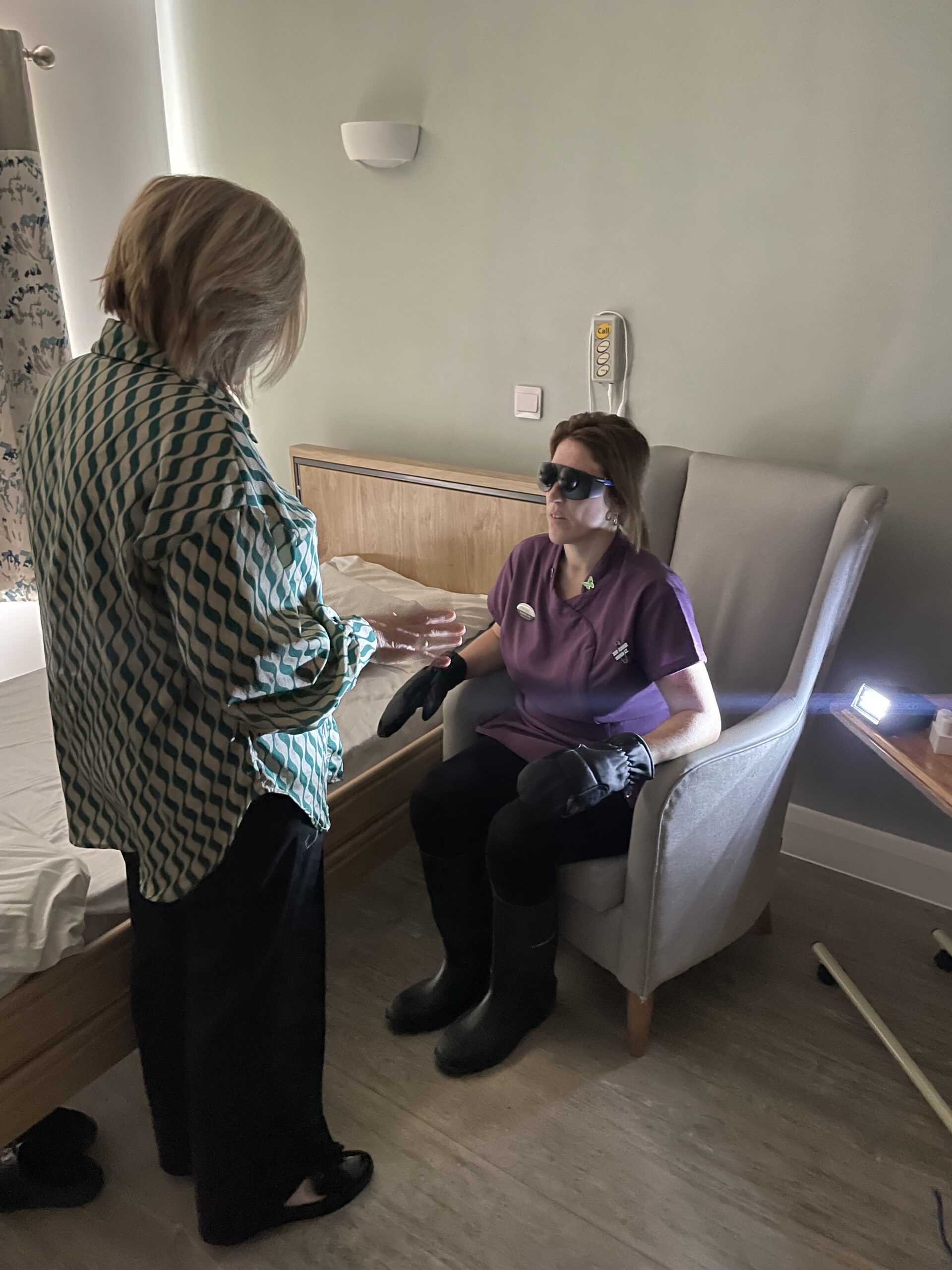Staying sharp in older age
Growing old inevitably means our brains will slow down. We’ll find it more difficult to recall memories, and to stay as sharp and mentally focussed as we used to. Or at least, that’s what we used to think.
Some older people have been shown to stay just as sharp in later life as they were in their prime. These individuals, dubbed ‘super agers’ by scientists, are able to recall personal experiences with just as much clarity as people in their middle age, bucking a perceived trend that we used to think was inevitable.
It’s not just the characteristics of these people that are different either. Studies have found that their physical make up is different, with super agers sporting thicker outer layers of their brain, a cortex rich in matter and health. Researchers studied these people to determine whether they were just born with bigger, healthier brains, or if there was some secret to staying sharp that we didn’t yet know about.
The brain of a super ager
The results of this study were surprising to say the least. Out of a group of 1,000 participants, around five per cent were classed as super agers, possessing superior memory skills compared to others of their generation. All the participants were over the age of 80, and were screened using MRI technology to figure out what was going on.
It turns out that so called super agers did not have any larger or more robust brains to begin with. Instead, researchers found that the brains of ‘average’ older people were decaying at almost twice the rate of the brain of a super ager. Somehow, their brains were shielded from the normal atrophy that comes with age, keeping the neuron dense outer layer protected and healthy.
So, what was this protective shield our super agers possessed? Interestingly, another study in 2014 found that in some older people, the ‘white matter’, that is the neural pathways and web of twisting fibres that maintains communication within the brain itself, was able to fire up and provide a sort-of engine for the exterior ‘grey matter’, if this started to wear down.
Could you become a super ager?
There’s no guarantee that you’ll be gifted with this extra flexible white matter as you age, but there is plenty of research the indicates there are things we can do to give it a great chance. For example:
Keep learning: Challenge yourself with new skills, learning a language or doing a crossword or puzzle
Be physically fit: Physical inactivity is one of the biggest risk factors for Alzheimer’s disease. Just 20 minutes of vigorous activity three times a week is enough to change your future
Eat the right things: A Mediterranean diet with plenty of fish, vegetables and grains is linked to better cognitive health as we age
Use all your senses: Be mindful of exercising all your senses to keep your brain stimulated. Go for a walk in a sensory garden, or listen to music while you’re cooking.
Be happy in yourself: Forget all the stereotypes about aging and be positive about where you are now. Embrace life just as it is and approach everything with a happy outlook
Here at Westgate, we encourage our residents to live each day to the full. We encourage stimulating activities, provide opportunities to learn new skills, and facilitate appropriate exercise for people of all ages and abilities.

